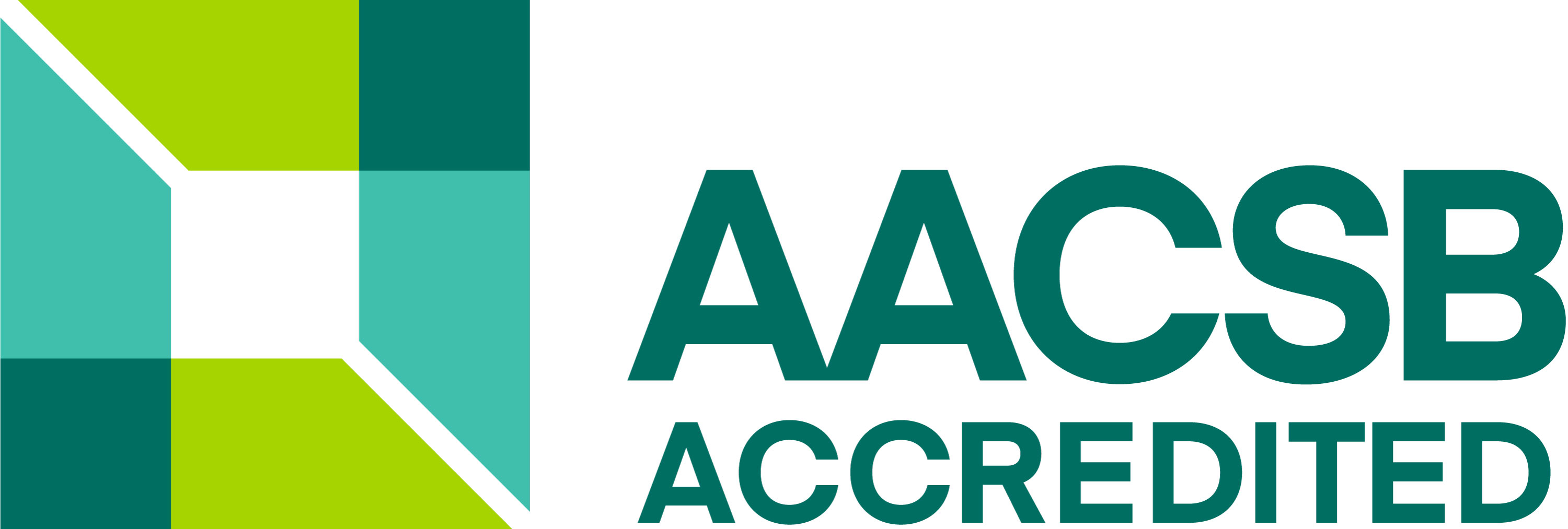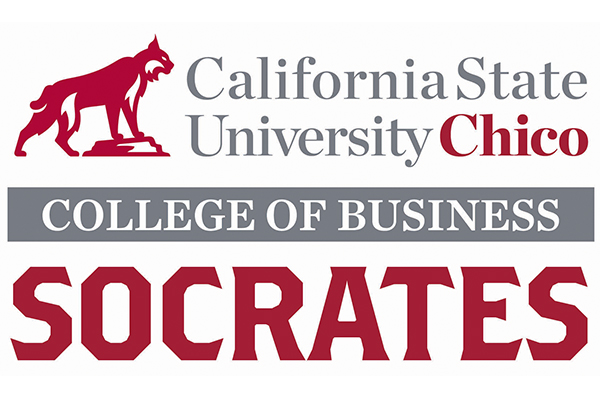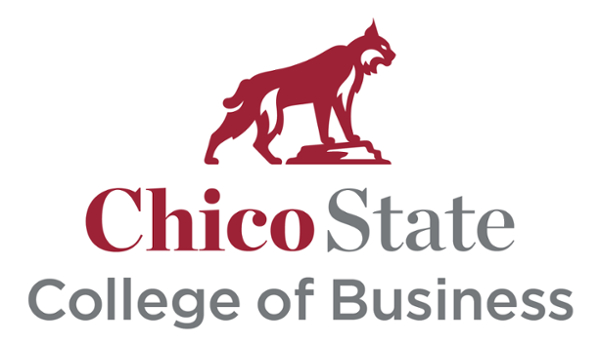
Students Win First-Place Award at Collegiate Wind Competition 2016
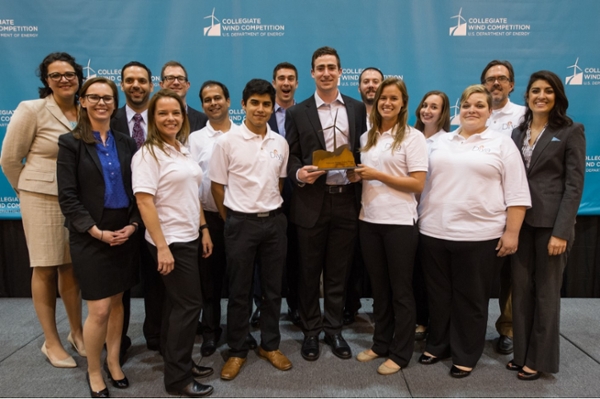
The CSU, Chico Collegiate Wind Competition 2016 team stands with its first-place award in the category of the deployment strategy, for its plan to power rural schools in India using wind turbines.
An interdisciplinary team of students from California State University, Chico developed a plan to power rural schools in India using wind turbines—a concept so well-executed that they were awarded first place in the category of deployment strategy at the U.S. Department of Energy Collegiate Wind Competition 2016 this week in New Orleans.
Students enrolled in engineering capstone design or social entrepreneurship courses, taught by professors David Alexander and Colleen Robb, came together to solve a real-world wind energy problem as part of this year’s Collegiate Wind Competition 2016. During the two-semester timeline, students were challenged to develop an off-grid wind turbine project that would be a viable, market-driven business.
This is the first year CSU, Chico has competed in the competition, which is now in its third year, and its team was one of just 12 from across the United States selected to participate. To compete, students had to identify and solve regulatory and other issues required to successfully deploy the wind turbine. A $20,000 grant was provided by the Department of Energy to support the cost of materials and allow students to travel to the competition. The College of Business alumni donors contributed funds as well.
“The collaboration and the success of our Collegiate Wind Competition team is a great testament to the quality of a Chico State education and the impact our students have on the world,” said Ricardo Jacquez, dean of the College of Engineering, Computer Science and Construction Management. “I’m extremely proud of our faculty, students, and their representation of the CSU system’s an engineering and business programs at a national level.”
The collaboration was not without its challenges. The application concept underwent multiple iterations as students incorporated feedback during practice pitches to local and regional business owners. After a semester of market research, the group decided to utilize a nonprofit business model and provide off-grid power to rural schools in India.
“There are almost the same number of people living in India without access to electricity as there are living in the United States—over 300 million,” Robb explained. “Our students wanted to do something to try to solve that problem and they determined providing schools with electricity was the best way to start.”
The Chico State team was composed of business and engineering students Haley Kennedy, Aubrey Connors, Devon Burton, Alex Van Dewark, Angelina Teel-Jonson, Karola Grant, Jorge Alvarado, Aditya Joshi, and Thomas Morcate.
The students developed a business plan, deployment plan, technical report, and working prototype. The name of the company is Diya, which is the name of an Indian lamp and, when translated from Hindi to English, means “to give.” Some highlights of the plan include:
- Working with several NGO partners in the United States and India to launch the projects
- Initially launching in four schools across two Indian states, two in West Bengal and two in Uttar Pradesh
- Incorporating KidWind’s educational program into the initial four schools
- Partnering with another CSU, Chico student’s company, MixMat, an innovative product that mixes the concrete without the use of a wheelbarrow
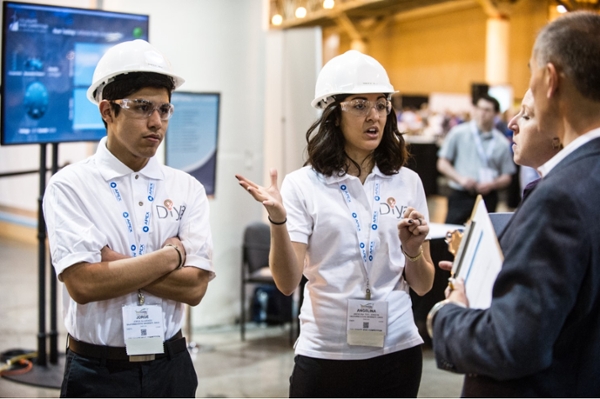
CSU, Chico students Jorge Alvarado and Angelina Teel-Jonson discuss their concept at the Collegiate Wind Competition 2016.
Students made great progress in collaborating and communicating throughout the semesters, and they identified and solved many engineering, business, and regulatory issues necessary to launch their social entrepreneurship venture.
“This coordination between the two disciplines is not unusual in the real world,” said Alexander, who worked in industry before joining the CSU, Chico faculty. He explains that the ability to work with others from different departments and backgrounds is critical to landing—and keeping—a job.
“So often engineers are expected to collaborate with other non-technical professionals. But without prior experience, it can be as productive as listening to someone speaking an unknown language,” he said. “These groups really have to work together, so it’s great to have students doing this now and building valuable experiences together.”
California State University, Chico: California State University, Chico’s tradition of academic excellence goes back more than 125 years. Now, the University continues to help today’s students develop into tomorrow’s successful citizens. Its unique combination of scholarly pursuits, civic engagement, and a very real connection to the Chico community earns it national and international accolades.
Colleen Robb
College of Business
786-229-9760
CCRobb@csuchico.edu
Ashley Gebb
Public Affairs and Publications
530-898-4435
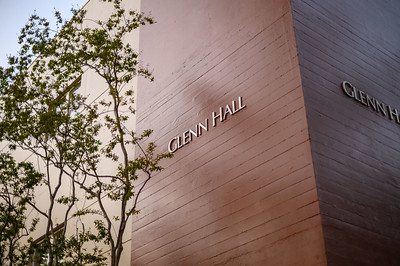
More Information
Business Student Advising
530-898-4480
Degree Programs
MBA Program
businessadvisor@csuchico.edu
Dean’s Office
530-898-6272
bus@csuchico.edu
Giving Questions
Dean's Office
530-898-6272
bus@csuchico.edu
Accessibility Information
Persons with disabilities who need accommodations or have questions about physical access may call the program sponsoring the event or call Accessibility Resource Center at 530-898-5959.

